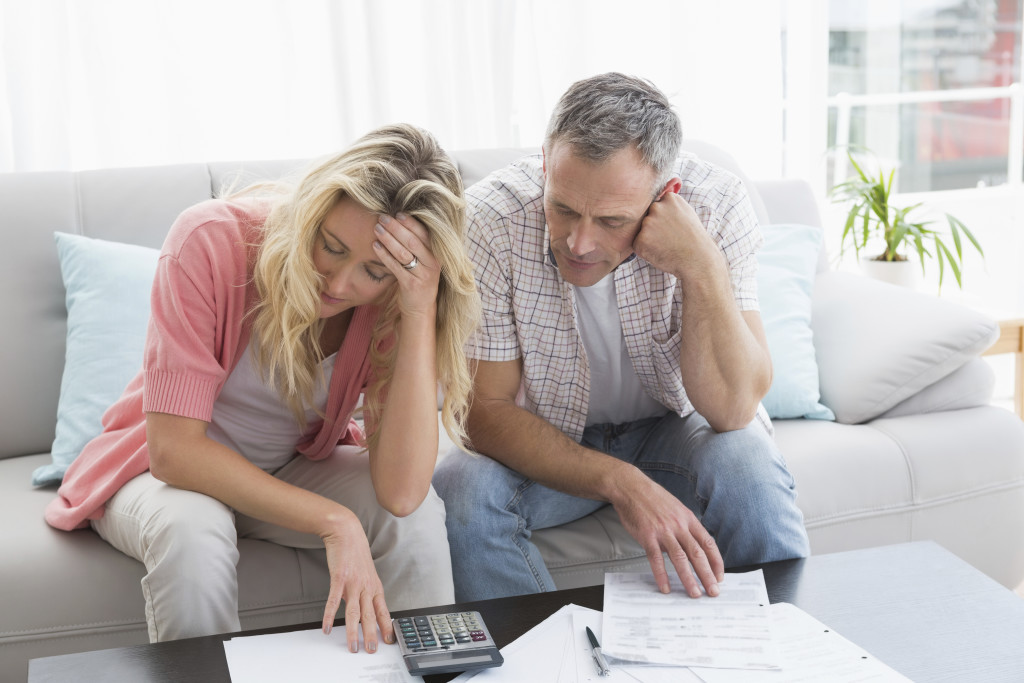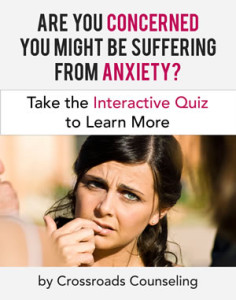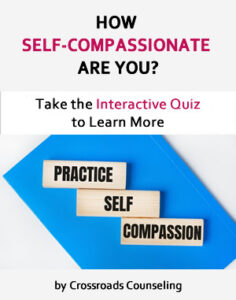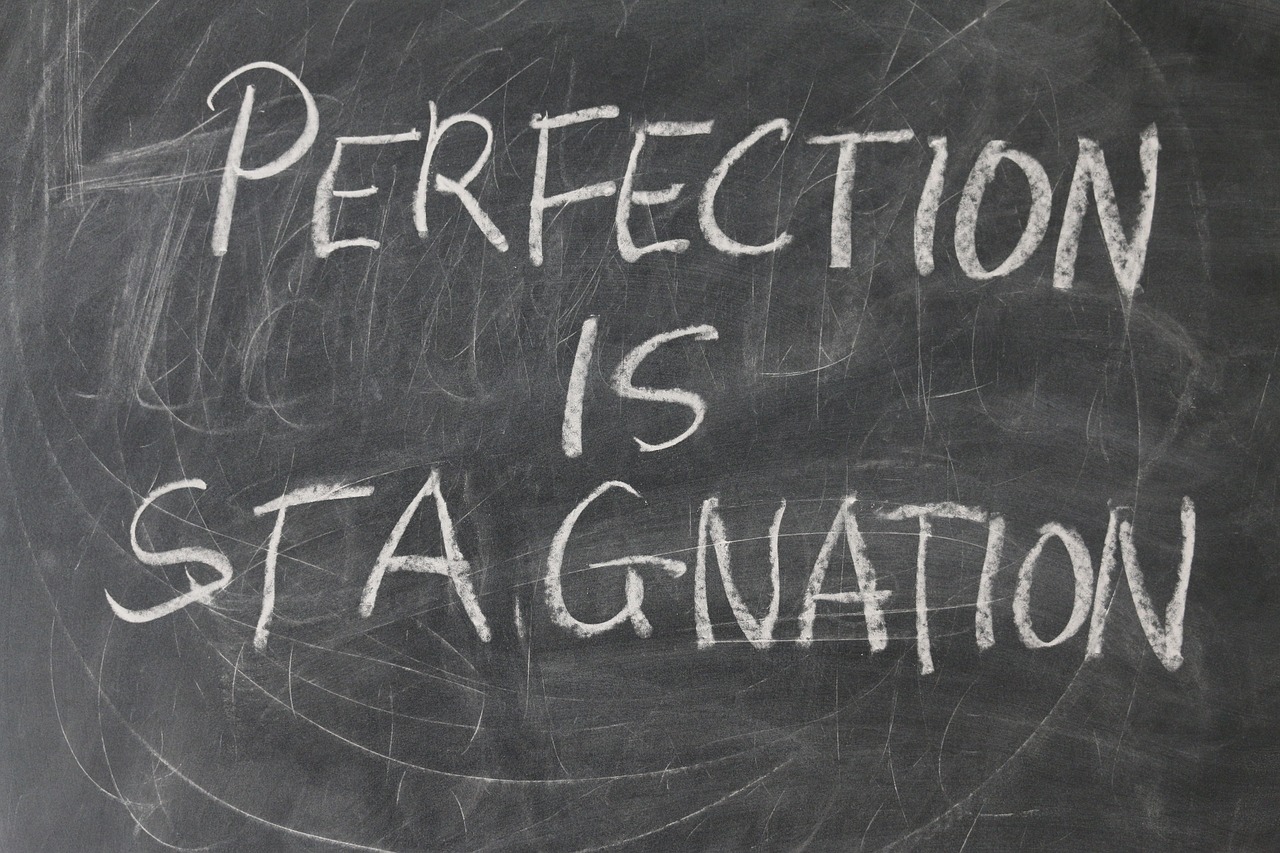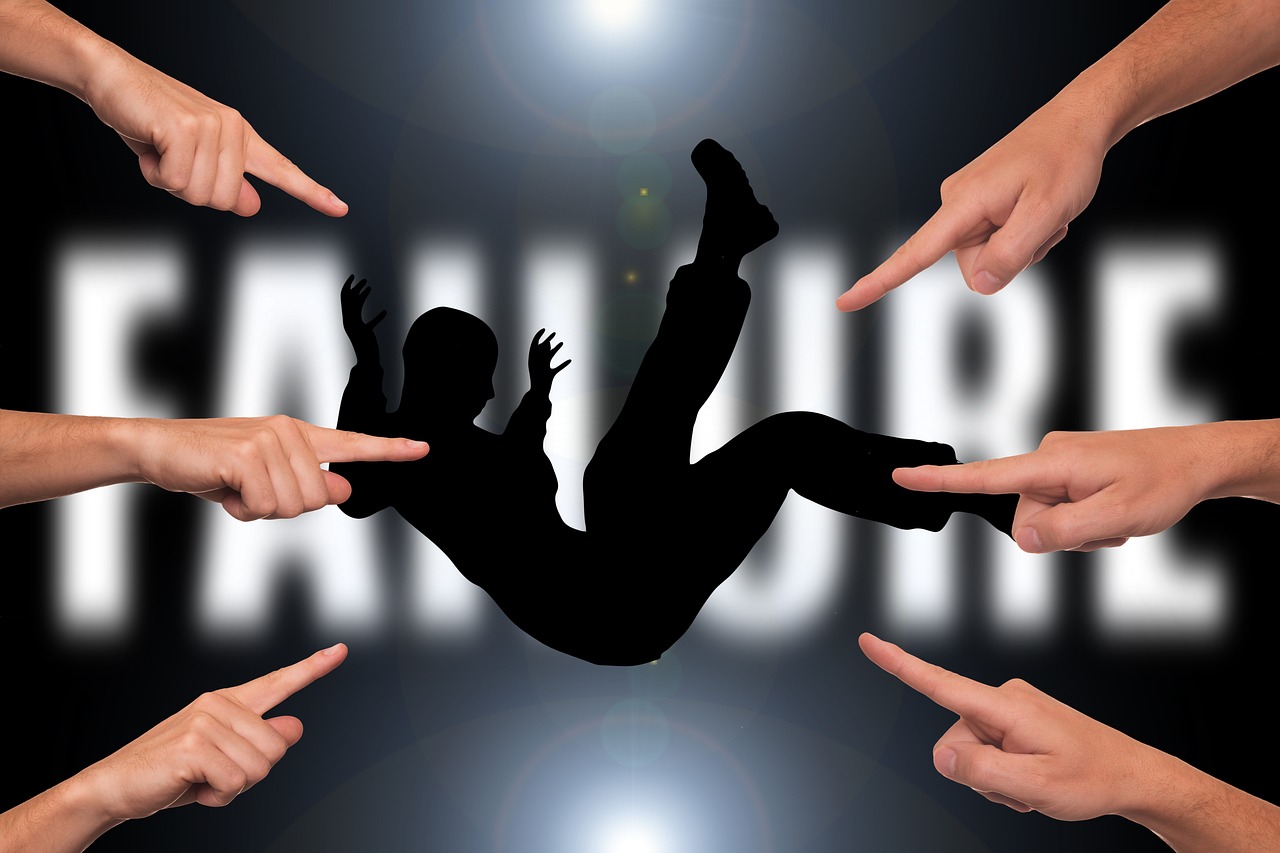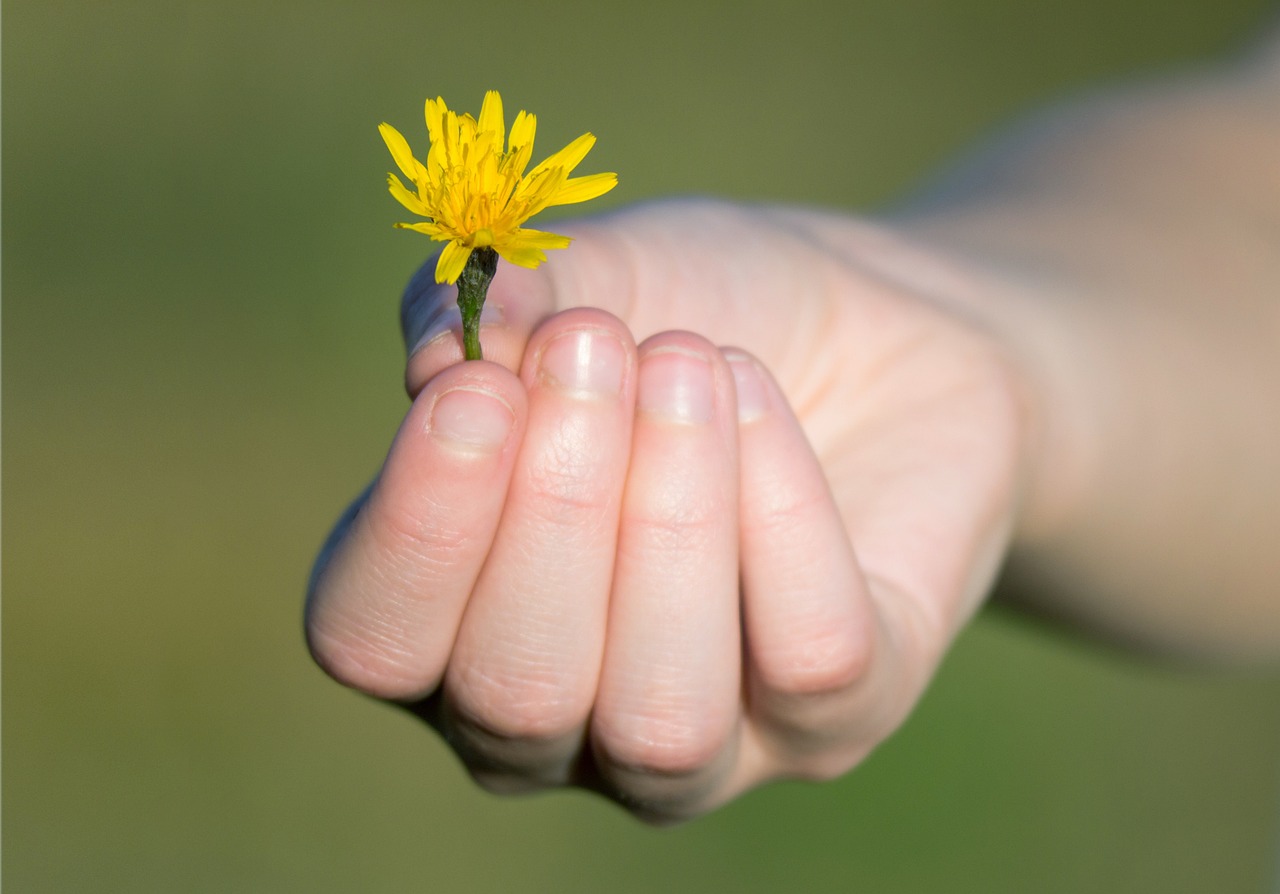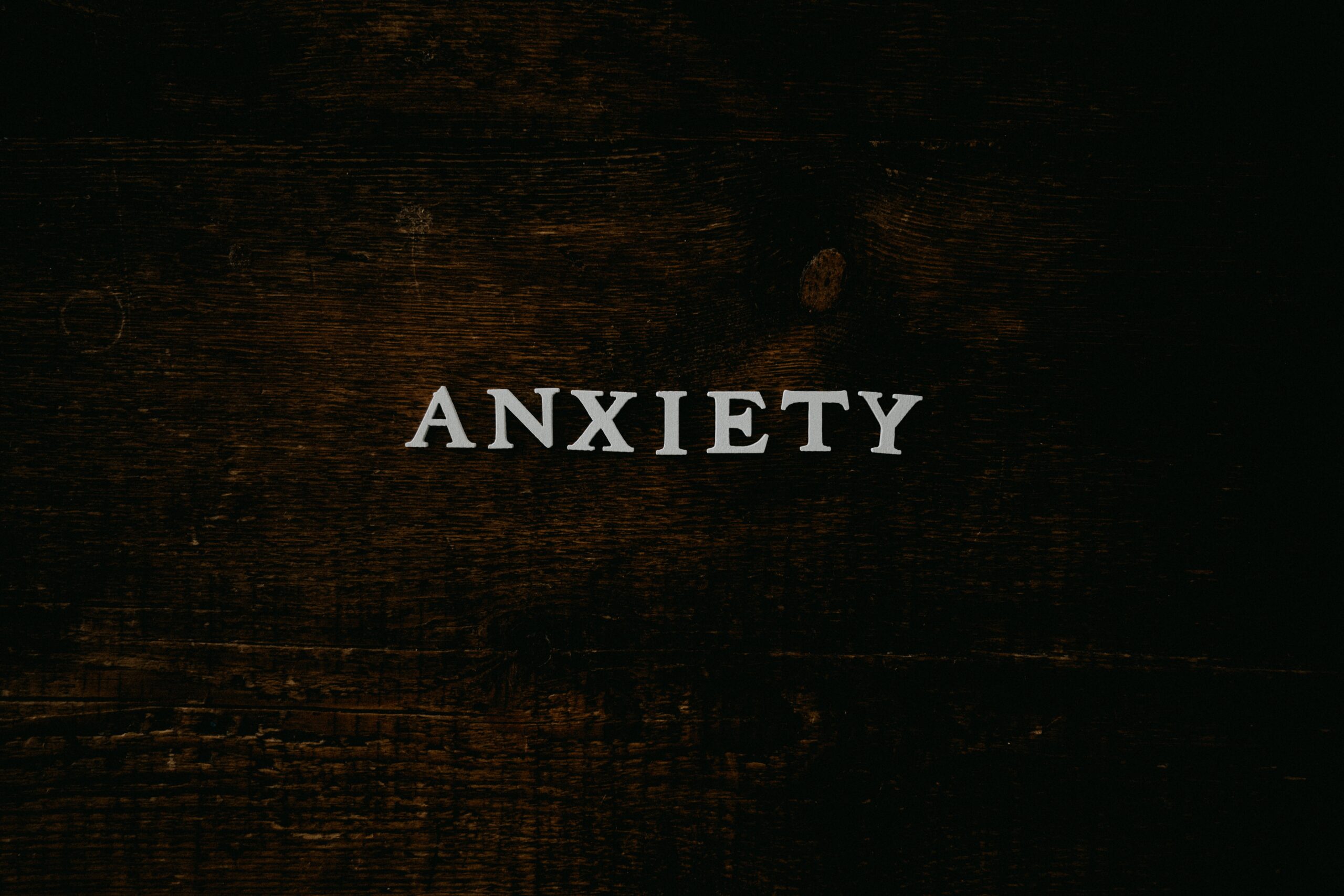How Anxiety Affects Men and Women Differently
Anxiety can appear in many different areas of our lives. The persistent unease that accompanies anxiety uniquely affects each person it touches. Although there are some general signs that anxiety might have an unhealthy hold over you or someone you love, biological and social distinctions between men and women lead to gender differences in the experience of anxiety.
The most dramatic evidence of the gender gap is the rate at which men and women are diagnosed with anxiety:
- Twice as many women as men are diagnosed with anxiety disorders.
- At age fifteen, girls are six times more likely than boys to receive treatment for anxiety.
- Women are far more likely to report both physical and emotional symptoms of chronic stress.
While it might be tempting to read such statistics as biological confirmation that women are as tightly wound and emotional as stereotypes suggest, these findings highlight major differences in our social expectations of the sexes.
Adults often reward young girls for reacting to a difficult event with tears, offering hugs and reassurance. Young boys are generally taught to “toughen up.” By the time adolescence arrives, boys are more likely to have begun building an arsenal of coping strategies, while many girls still lean heavily on others for emotional support and guidance.
In the absence of successful strategies for coping with anxiety, a young boy experiencing stress is more likely to hide his emotions and deal with his stress in unhealthy ways. This tendency carries on into adulthood. Men often fail to own up to experiencing anxiety, falsely believing that stress disorders are a sign of weakness. Doctors themselves are susceptible to the line of thinking that anxiety disorders are not for men. Studies have found that when a man and a woman exhibit the same anxious symptoms, psychiatrists treat the woman for anxiety more often than they treat the man.
As a result, male anxiety can look a lot like substance abuse, or other antisocial disorders, in which a person buries his emotional pain instead of managing it. Some research has found that anxiety tends to make men more inwardly-focused, and likely to self-isolate, while women become more empathetic and socially dependent.
Masculinity and performance are often central to a man’s sense of self-worth. Use of alcohol and other mind-altering substances to increase confidence and strength is common, providing the illusion of relief from persistent worries.
Not only are women more eager to share their feelings, they are generally more willing to have their emotional turmoil analyzed, addressed, and monitored by friends or mental health professionals. In fact, this tendency to dwell on stressful events and relationships probably predisposes women to anxiety, and can prolong anxious reactions. In one study, almost half of all women reported being unable to sleep due to stress at least once in the past month.
While many of the differences between anxious men and women seem to stem from social pressures, research suggests that there are biological differences as well.
- Serotonin, a neurotransmitter, could determine how a person reacts to stress, and might cycle more quickly through the male brain. This would mean that women need more time to manage anxious reactions.
- Many women are highly affected by low levels of a stress hormone, CRF, making them more susceptible to anxiety disorders.
- Female hormones, like estrogen, cause the fight-or-flight response to become engaged more quickly, and longer, in women than in men.
The target of anxiety is often different for men and women. Anxious women are more likely to worry about social relationships and money, while anxious men are more likely to worry about job performance and stability.
Despite distinctions in the origin and experience of chronic worry, treatment for anxiety disorders is similar for everyone: the best way to manage stress, and move on from it, is to develop healthy strategies for coping.
Begin Working with An Anxiety Therapist in Phoenix, Scottsdale, and Online in All Of Arizona
If you are ready to feel better please consider therapy for anxiety through Crossroads Phoenix and Scottsdale Counseling Centers. Our Relationship Centers are located throughout the valley with counseling centers located in Phoenix, Anthem, Scottsdale and throughout all of Arizona with online counseling. You can start your therapy journey by following these steps:
- Contact Crossroads Counseling for a complimentary 20-minute phone consult
- Meet with an anxiety specialist
- Start coping with your anxiety symptoms
Feel free to learn more about our practice by visiting our about page, FAQ, and blog, or read more about our staff members to start finding your best therapeutic fit! or, call us at 623-680-3486, text 623-688-5115, or email info@crossroadsfcc.com for more information!
Also, please check out our counseling video below…
